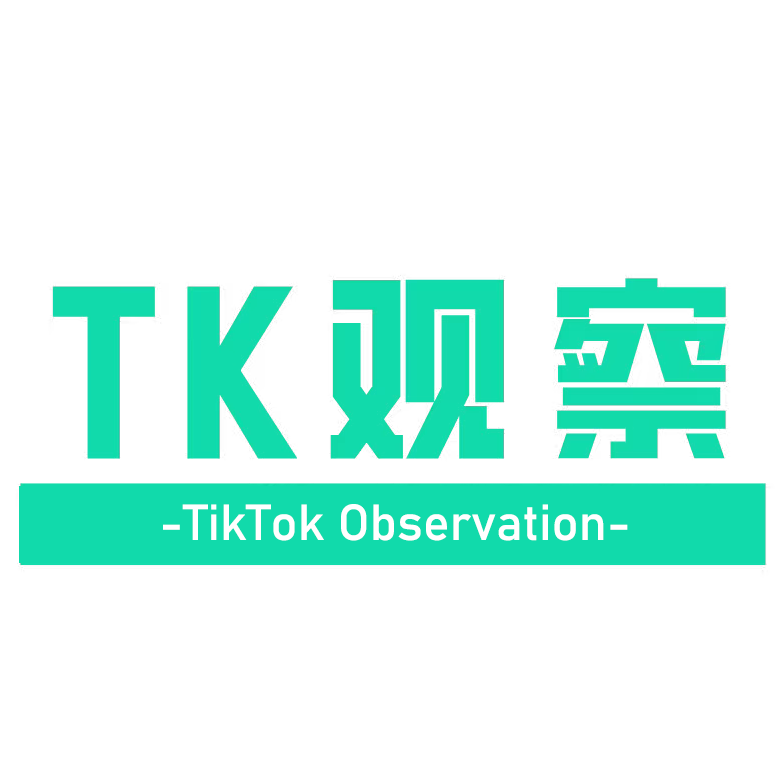
Who is winning the TikTok election? Is it the Reform Party, thanks to Nigel Farage’s viral videos? Shitposts from the Lib Dems? You might say it’s the memes posted by the Labour Party or the occasionally popular hit videos by the Conservatives about Keir Starmer.
These questions have dominated media discussions of social media’s influence on this election over the past month. Viewer counts, likes and followers have been used as evidence of who is succeeding and who is failing to connect with younger voters in the first TikTok election campaign. A cursory glance at these numbers reflect the polls: policy videos from Labour – about housing or the NHS – cut through to TikTok’s core demographic, while the most popular candidate on the app is Nigel Farage, aligning with Reform UK’s recent surge.
But this isn’t the full picture of online influence. Major social media platforms – particularly TikTok – have seen a sharp rise in political deepfakes, doctored videos and misinformation that are outpacing official content from parties and politicians. A BBC investigation found two weeks into the election campaign that TikTok users were being served a high volume of AI-generated deepfake videos featuring party leaders, such as ones of Rishi Sunak appearing to say he would use public funds to send his “mates loads of dosh”, alongside more obvious fakes, such as videos claiming the Conservatives’ national service programme would send British teens into war zones. Other content includes the widespread, false claim that Keir Starmer was responsible for not prosecuting Jimmy Savile. These videos weren’t only being shared by bots or anonymous accounts, but by celebrities, political activists, students and influencers. Their popularity is easy to understand: these videos are far punchier, more salacious and entertaining than the overwhelmingly staid content from official sources that seem all too obviously made by an elder-millennial marketing officer.
This isn’t limited to TikTok. The BBC also reported that on Twitter, now known as “X”, a deepfake of the Labour shadow health secretary Wes Streeting was shared by a network of coordinated accounts; another deepfake, of the Labour candidate Luke Akehurst also went viral thanks to one of the same accounts (Twitter has since removed some of this network). Twitter also saw a sudden spike in fake accounts promoting Reform UK, with Reform stating these accounts have no connection with the party, including some which had previously shared conspiracy theories about Covid-19 as well as pro-Russia, anti-Ukraine content. These posts have also succeeded because of their inherent shock value, particularly in a fairly dull election campaign, and despite many of them being obviously fake.
While the prevalence of deepfakes during a UK general election is a new phenomenon, the influence of misleading content proliferated by figures who aren’t within mainstream politics is not. Online debate has long been (if not always) dominated by those outside of traditional media. Politicians are not driving election content trends online: when you search on TikTok for the UK general election, for example, you will find some verified content from the official party accounts – but the most popular content comes from civilian accounts stitching together clips, typically promoting populist figures such as Farage parroting anti-woke talking points, which are trendy among young users.
A Labour victory feels, to many, a foregone conclusion. This may lessen anxieties about the effect of misinformation, deepfakes and social media on this election. But what’s happening now will influence elections to come – where the false information voters are seeing on their feeds today will inform the decisions they will make in five, ten or even 15 years’ time. It goes beyond believing a lie about immigration, being convinced by a deepfake video, or being misled about policies that won’t be relevant in 2029: false information is rapidly becoming part of the average voter’s media diet. There is a dangerous lack of scrutiny or intervention on this issue, when we could be restricting the spread of misinformation – through aggressive moderation from platforms or public education campaigns. Instead, the problem is being ignored because of the short-sighted belief that it won’t materially impact the outcome on 4 July. But it will only become more entrenched in our political system the longer it persists.
This is a far more crucial issue than which political party’s official account is racking up the most likes – as we’ve known for a decade, the most influential online content doesn’t come from these sources. Voters are having their minds changed by false content already and we should be worrying about the impact of misinformation – even if it won’t flip a constituency in a few weeks’ time.

TKFFF合作,请扫码联系!

文章来源: 文章该内容为作者观点,TKFFF仅提供信息存储空间服务,不代表TKFFF的观点或立场。版权归原作者所有,未经允许不得转载。对于因本网站图片、内容所引起的纠纷、损失等,TKFFF均不承担侵权行为的连带责任。如发现本站文章存在版权问题,请联系:1280199022@qq.com

















